To accompany your Come Follow Me study for the week of January 27-February 2
In addition to reading D&C 3-5 this week, you will enjoy it more if you also read or watch any or all of the following:
- Chapter 3: Doctrine and Covenants 3; 10 (churchofjesuschrist.org)
- Chapter 7: Doctrine and Covenants 4; 11–12; 14–16 (churchofjesuschrist.org)
- Chapter 4: Doctrine and Covenants 5; 17 (churchofjesuschrist.org)
- Joseph Smith’s Revelations, Doctrine and Covenants 3 (churchofjesuschrist.org)
- Joseph Smith’s Revelations, Doctrine and Covenants 4 (churchofjesuschrist.org)
- Joseph Smith’s Revelations, Doctrine and Covenants 5 (churchofjesuschrist.org)
- Joseph Smith’s Support at Home (churchofjesuschrist.org)
- The Contributions of Martin Harris (churchofjesuschrist.org)
If you would like to have a Kahoot game related to this material that you can use with your family or with a class, click here: https://create.kahoot.it/share/doctrine-and-covenants-3-5/2cfbed94-965f-44b1-b8bb-f606f85111cc. To use it with a group, after clicking on this link, you will need to log into Kahoot, creating a free account if you have not done so previously, then click on the blue “Host Live” button or the gray “Assign” button, depending on how you wish to use the Kahoot. Some of the Kahoot questions may presuppose that the player has read through the suggested answers to the following Points to Ponder and at least has browsed the Institute student manual as well.
POINTS TO PONDER IN DOCTRINE AND COVENANTS 3-5
Section 3
1. Had not Martin Harris lost the 116 manuscript pages, with what book would our Book of Mormon have started rather than 1 Nephi?
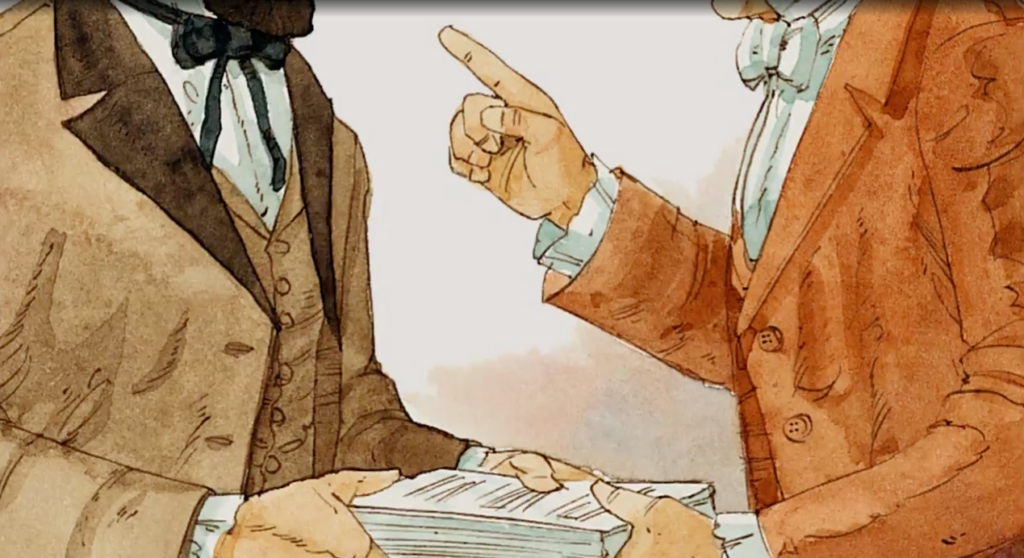
2. To whom was the Lord referring when he said, “How oft you have transgressed the commandments and the laws of God, and have gone on in the persuasions of men”?
a. Martin Harris
b. Joseph Smith
c. Oliver Cowdery
d. The inhabitants of the earth in general
3. Isn’t it a little harsh for the Lord to call Martin Harris a “wicked man” in 3:12? Why would the Lord use such strong language?

4. In what respect is D&C 3 itself an evidence for the divinity of Joseph Smith’s calling?
5. How does the Lord in D&C 3 exemplify the counsel of D&C 121:43 to reprove betimes with sharpness, showing forth afterwards an increase of love?
Section 4
6. What important lessons do we learn from the fact that Joseph Smith’s father was willing to believe his son’s stories and follow him as a prophet?
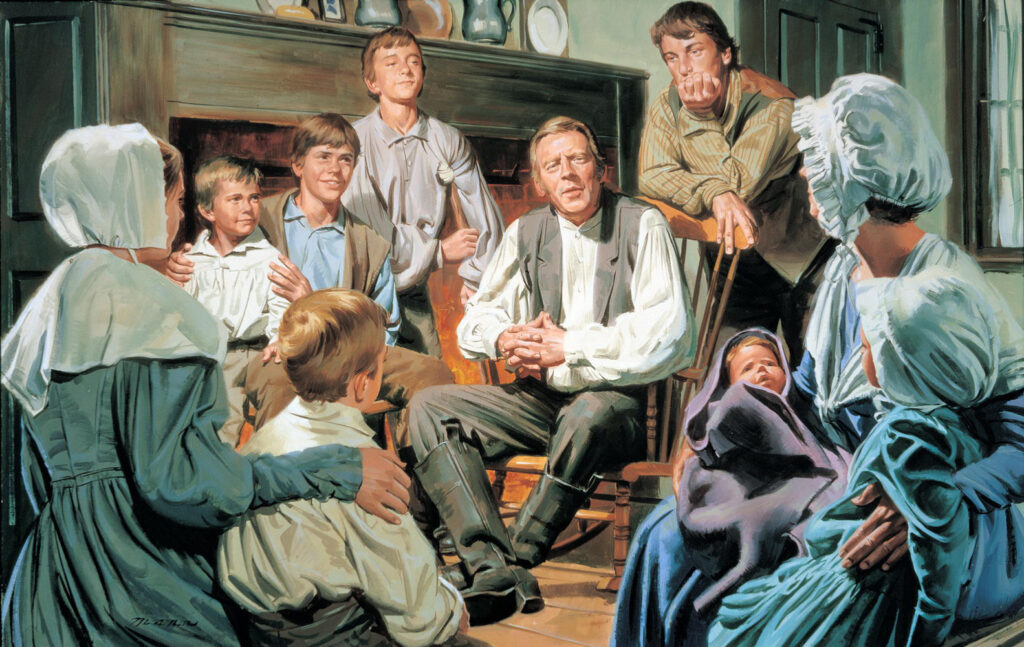
7. How do you reconcile the instructions of 4:2 to serve the Lord with all our heart, might, mind, and strength with the assurance of Matthew 11:30 that the Lord’s “yoke is easy” and his “burden is light”?
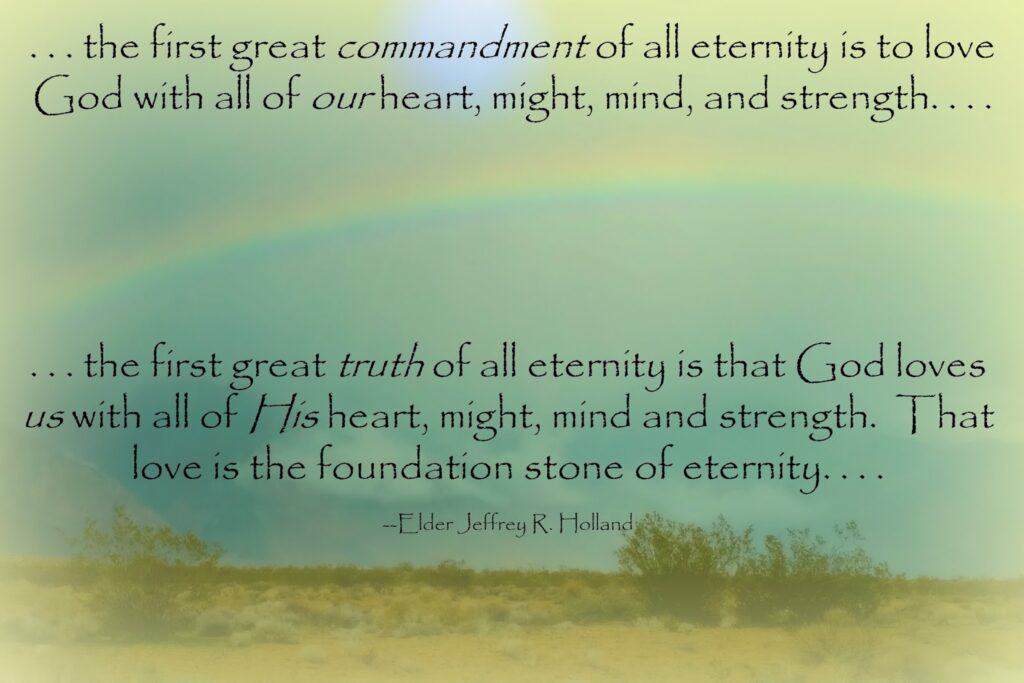
8. Does 4:3 mean it is okay to let the bishop know what calling you’d like to have? Explain.
9. Can you render into simpler and more concrete language that which is expressed symbolically in 4:4?
10. Why do you suppose mission presidents often urge their missionaries to memorize section 4 in its entirety? What points do you suppose they would most hope their missionaries would remember?

Section 5
11. What more concrete words or phrases could be substituted for “my words” in 5:5-6 and for “all these things” in 5:7, and for “those things” in 5:9, which would render the entire passage clearer?
12. What was the “wilderness” of 5:14 that the Church was coming out of?
13. Why is some of the language of 5:14 borrowed from the Song of Solomon, when Joseph Smith declared that book to be not inspired?
14. What is significant about the implied sequence of events in 5:16?
15. What passages in sections 3 and 5 could be particularly helpful to a young person facing peer pressure?
16. Why do you suppose the Lord would hint to Joseph Smith in 5:22 that he might later be killed?
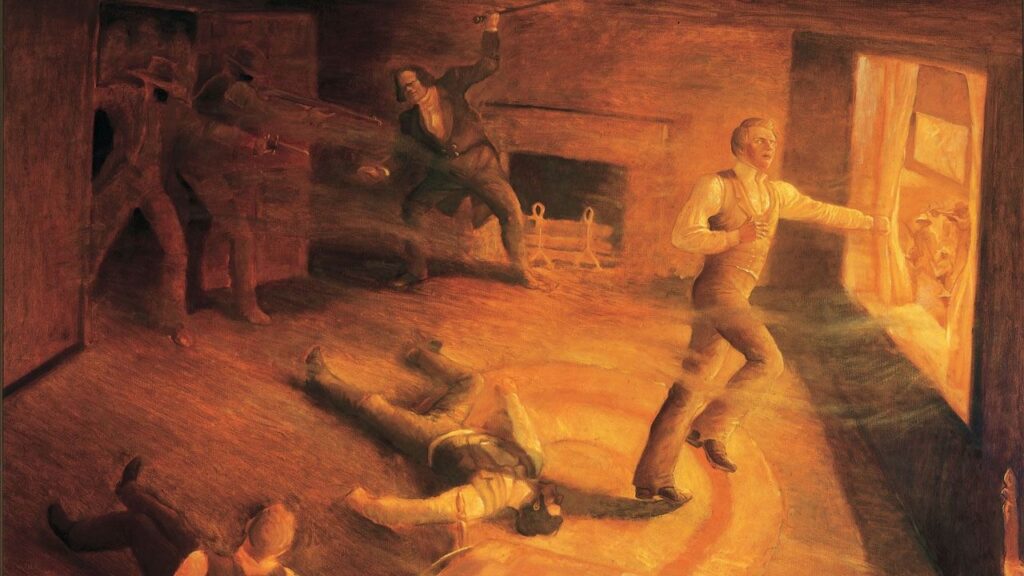
17. What, to you, are the four or five most important applicable lessons from these three sections?
POSSIBLE ANSWERS TO POINTS TO PONDER IN D&C 3-5
Section 3
1. Had not Martin Harris lost the 116 manuscript pages, with what book would our Book of Mormon have started rather than 1 Nephi?
The book of Lehi, which was the translation of Mormon’s abridgment of the first portion of the large plates of Nephi. When the manuscript was lost, the Lord had Joseph Smith substitute the translation from the same time period from the small plates of Nephi, which had even more significant and spiritually applicable material for latter-day readers.
2. To whom was the Lord referring when he said, “How oft you have transgressed the commandments and the laws of God, and have gone on in the persuasions of men”?
a. Martin Harris
b. Joseph Smith
c. Oliver Cowdery
d. The inhabitants of the earth in general
3. Isn’t it a little harsh for the Lord to call Martin Harris a “wicked man” in 3:12? Why would the Lord use such strong language?
The Lord may have needed to get Martin’s attention and help him understand, as D&C 1:31 would later specify, that the Lord “cannot look upon sin with the least degree of allowance.” Martin had been far too casual about complying with his promise to Joseph Smith about not showing the manuscript to any other than a specified group of individuals, and it was more important to impress upon Martin the need of repentance than to avoid hurting his feelings.
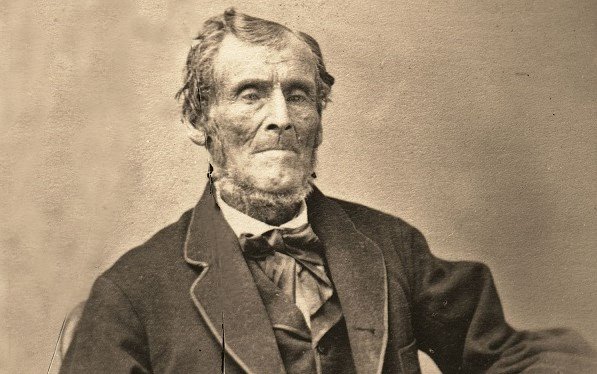
4. In what respect is D&C 3 itself an evidence for the divinity of Joseph Smith’s calling?
If Joseph Smith had been “making up” the D&C, it seems doubtful that he would have put himself in such a bad light as D&C 3 does.
5. How does the Lord in D&C 3 exemplify the counsel of D&C 121:43 to reprove betimes with sharpness, showing forth afterwards an increase of love?
After chastising Joseph Smith rather severely in verses 6-9 and 15, he ends on a positive and hopeful note, suggesting in verse 10 and verses 16-20 that Joseph had not been cut off permanently.
Section 4
6. What important lessons do we learn from the fact that Joseph Smith’s father was willing to believe his son’s stories and follow him as a prophet?
- We learn something of how important it was for young Joseph always to have been a truthful and dependable boy. Had it been otherwise, his father would have been quite justified in doubting his account of visions. (And the visions would likely not have come in the first place.)
- We learn of young Joseph’s sensitivity (and the Lord’s generosity and kindness) in Joseph’s seeking and receiving an early revelation directed to his father and in his calling him later as the first Church patriarch.
- We learn the importance of humility, which permitted the father to accept truth and direction from his son. Those who worry about the age or humanity of their bishops or other leaders could do well to follow the example of Joseph Smith, Sr.
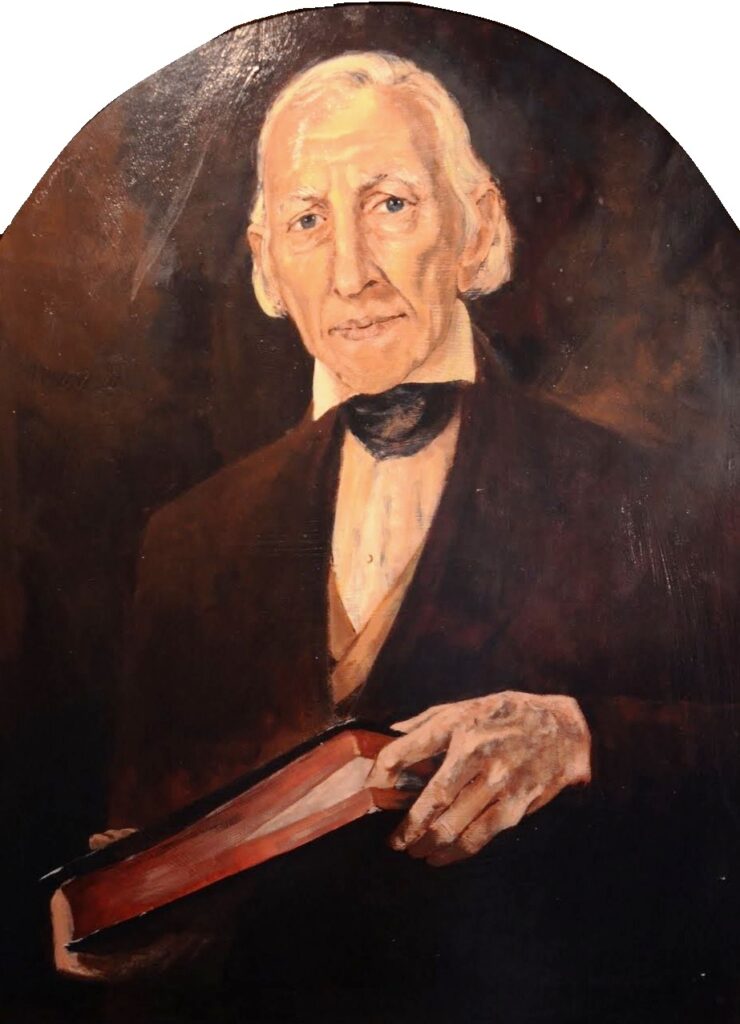
7. How do you reconcile the instructions of 4:2 to serve the Lord with all our heart, might, mind, and strength with the assurance of Matthew 11:30 that the Lord’s “yoke is easy” and his “burden is light”?
There is much more peace associated with knowing that one is doing one’s best than with feeling the stress of trying to get out of work. However, to serve with all one’s strength is not the same as burning oneself out or staying up so late that one gets sick, as one would then have less strength than if he took a more measured course.
8. Does 4:3 mean it is okay to let the bishop know what calling you’d like to have? Explain.
It is helpful to bishops to know what their members’ strengths, experiences, circumstances, and personal preferences would be, though it is important for both bishops and members to recognize that the needs of the ward or the needs of the individual may dictate a calling other than the one which we thought he thought he would most enjoy!
9. Can you render into simpler and more concrete language that which is expressed symbolically in 4:4?
How about:
There are many prospective converts whom the Lord has prepared to receive the gospel, and those who try their hardest to bring the gospel too them will save their own souls in the process.
10. Why do you suppose mission presidents often urge their missionaries to memorize section 4 in its entirety? What points do you suppose they would most hope their missionaries would remember?
The entire section is rich with applicable missionary counsel, including:
- The importance of the work (v. 1)
- The importance of hard work (v. 2)
- The importance of cultivating a desire to be there (v. 3)
- That the Lord has prepared the harvest (v. 4)
- That faithful missionary service is a key to personal salvation (v. 4)
- Qualities that will help a missionary get along with his companion and establish a good relationship with non-members (v. 5)
- More essential qualities of a successful missionary, which should prompt him to study, to stay clean and worthy, to be well balanced, and to be patient, among other things (v. 5)
- The importance of prayer (v. 7)
11. What more concrete words or phrases could be substituted for “my words” in 5:5-6 and for “all these things” in 5:7, and for “those things” in 5:9, which would render the entire passage clearer?
“My words” = Book of Mormon; “all these things” and “those things” = the plates and other ancient artifacts.
12. What was the “wilderness” of 5:14 that the Church was coming out of?
The wilderness is the same as found in Rev. 12:6–the great apostasy.
13. Why is some of the language of 5:14 borrowed from the Song of Solomon, when Joseph Smith declared that book to be not inspired?
Joseph Smith, being familiar with the eloquent language of the Bible, saw this particular phraseology from the Song of Solomon as being appropriate to communicate the inspired concepts the Lord gave him in D&C 6. No words as they appear in the dictionary are “inspired” until they are used to communicate inspired truths.
14. What is significant about the implied sequence of events in 5:16?
We get no spiritual manifestation until we take the first step of tentative belief. (See Ether 12:6.)
15. What passages in sections 3 and 5 could be particularly helpful to a young person facing peer pressure?
3:6-7; 5:21
16. Why do you suppose the Lord would hint to Joseph Smith in 5:22 that he might later be killed?
Perhaps to help impress upon the young prophet the seriousness of the work and to help prepare him for the choices he would later have to make as he neared the time of his eventual martyrdom.
17. What, to you, are the four or five most important applicable lessons from these three sections?
Your choice. Mine might include:
- God has prepared all things from the beginning and his prophecies and promises will be fulfilled, in spite of our best efforts to lose a manuscript, for example.
- God is both very strict and very loving and merciful. We may wish to be so ourselves—especially strict with ourselves but loving and merciful toward others.
- The importance of seeing others as God sees them—as Joseph Smith, Sr., did with his son, and as Joseph Smith, Jr., did with his father.
- The blessings and requirements of missionary work
